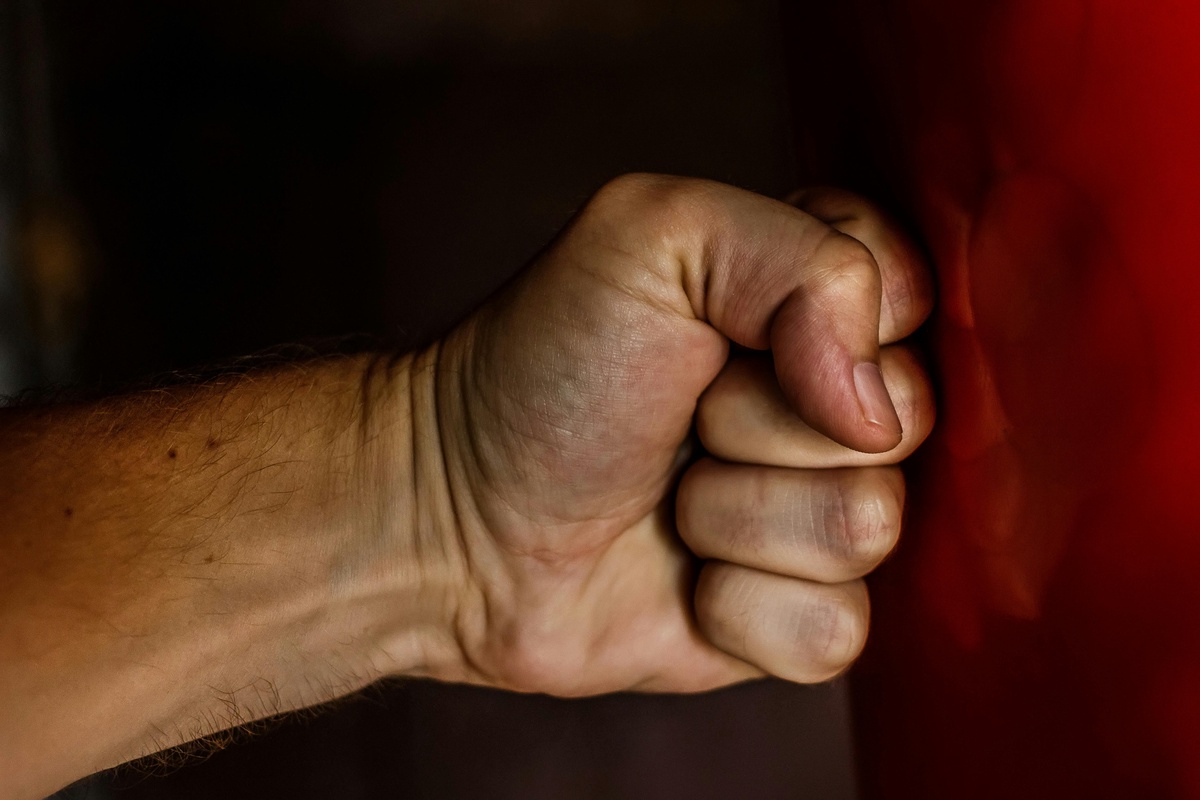Divorce can be one of the most emotionally charged experiences in a person's life, often leading to intense conflicts between spouses. In such high-stress situations, many individuals turn to divorce coaches for guidance and support. However, the use of divorce coaches, particularly in high conflict cases, raises important legal and ethical considerations.
Understanding High Conflict Divorce Coaching
High conflict divorce coaching involves hiring a professional to provide guidance and support to individuals navigating contentious divorces. These coaches often have backgrounds in psychology, counseling, or law, and they help clients manage their emotions, communicate effectively, and make informed decisions throughout the divorce process.
Legal Use of High Conflict Divorce Coaches
In many jurisdictions, the use of divorce coaches is entirely legal and can be a valuable resource for individuals going through a difficult divorce. These coaches can help clients understand their rights and obligations, develop effective strategies for negotiations, and maintain focus on their long-term goals.
From a legal perspective, high conflict divorce coach operate within the boundaries of confidentiality and professionalism. They do not provide legal advice or make decisions on behalf of their clients but rather empower them to make informed choices. As such, their role is complementary to that of attorneys and other legal professionals involved in the divorce proceedings.
Ethical Considerations
While divorce coaching can be beneficial, there are ethical considerations that must be taken into account, particularly in high conflict cases. One of the primary concerns is ensuring that coaches do not exacerbate the conflict or take actions that could compromise the integrity of the legal process.
Coaches must adhere to strict ethical guidelines, including maintaining neutrality, avoiding conflicts of interest, and prioritizing the well-being of their clients and any children involved. They should refrain from taking sides or engaging in behavior that could undermine the fairness of the proceedings.
Illegal Use of High Conflict Divorce Coaches
Despite the potential benefits of divorce coaching, there are instances where their involvement may cross legal boundaries. For example, if a coach engages in unethical behavior, such as encouraging a client to conceal assets or engage in deceptive tactics, they could be subject to legal action.
Additionally, in some jurisdictions, there may be regulations governing the practice of divorce coaching, such as licensure requirements or restrictions on the types of services that can be offered. Coaches must familiarize themselves with the laws and regulations in their area to ensure compliance.
High conflict divorce coaching can be a valuable resource for individuals navigating the complexities of divorce. When used appropriately, these professionals can help clients manage their emotions, communicate effectively, and make informed decisions. However, it's essential to understand the legal and ethical considerations involved to ensure that the process remains fair and transparent. By working within the boundaries of the law and adhering to ethical guidelines, divorce coaches can play a positive role in helping clients navigate challenging times and move forward with their lives.


No comments yet